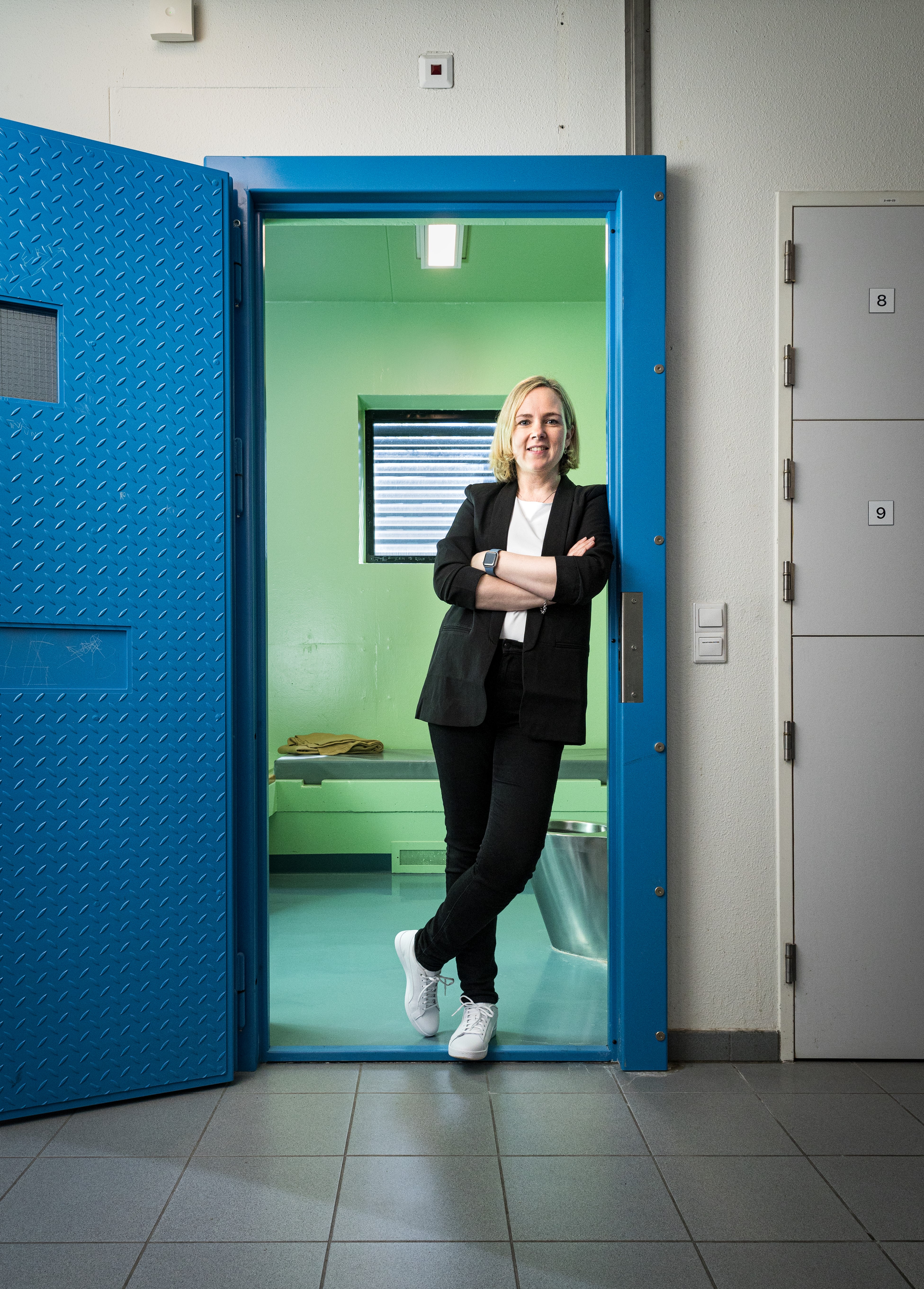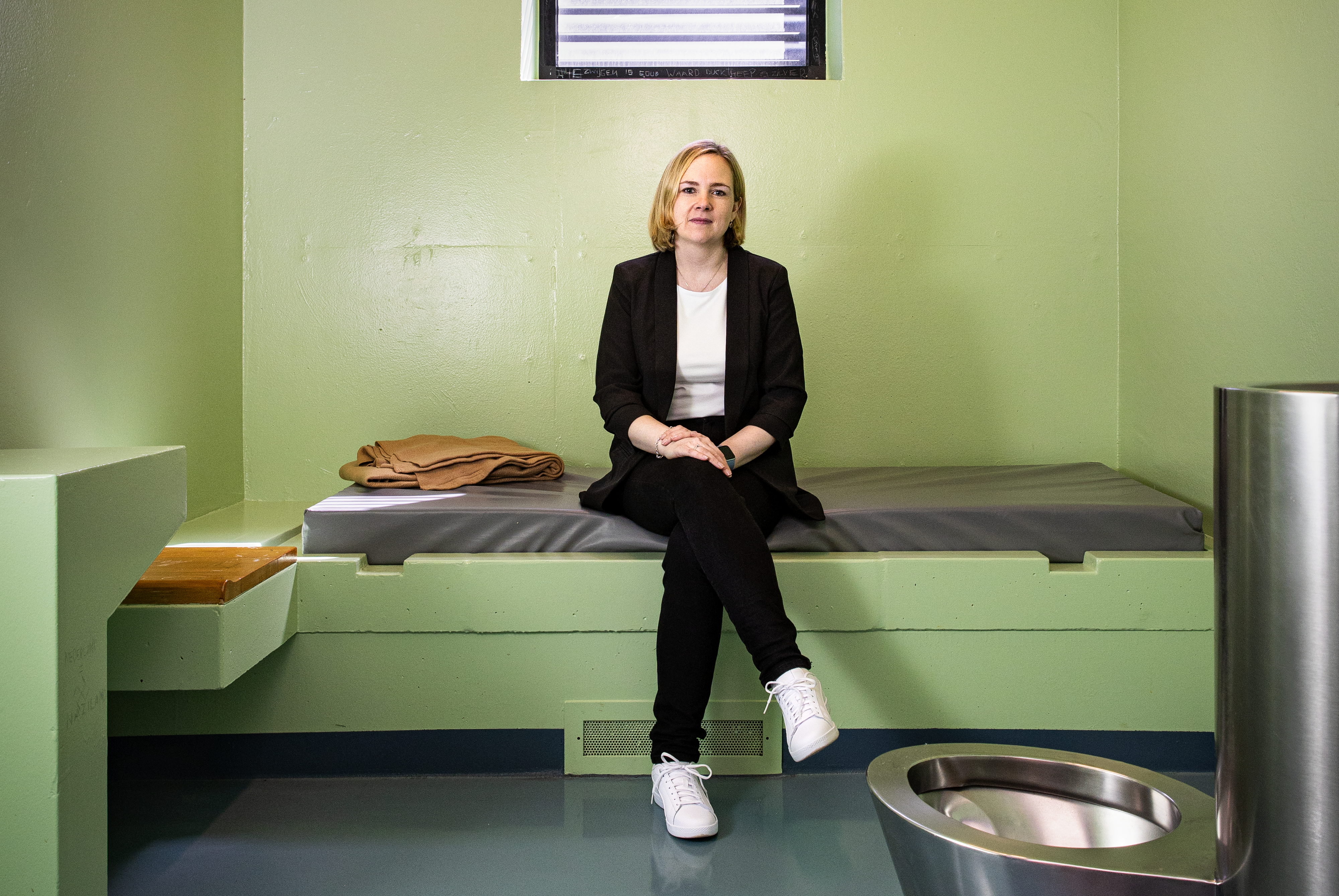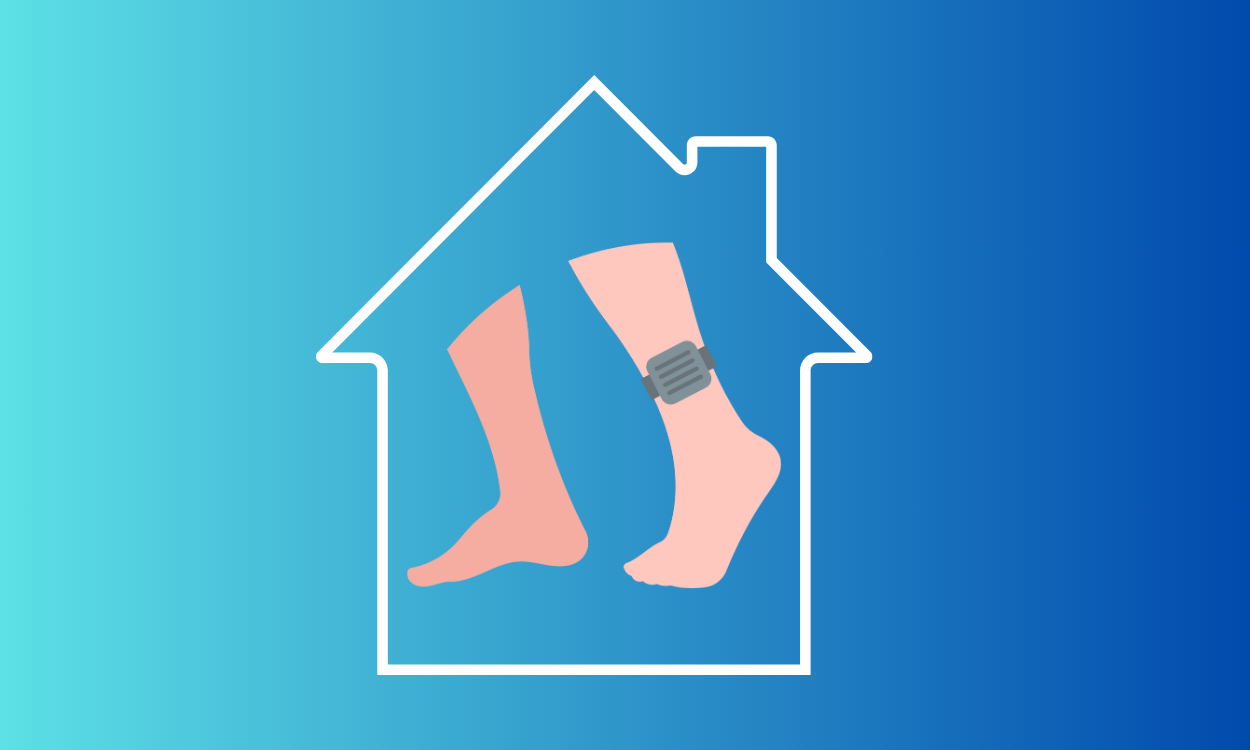Innocent citizens behind bars all over Europe
If you ever find yourself detained by the police—even when innocent—get a lawyer and keep quiet. This is the most important lesson Jenny Schell-Leugers passes on to her students. Don’t make the mistake of thinking, “I’ve nothing to hide and can explain myself,” the legal psychologist says. Experience shows that anybody can fall victim to a miscarriage of justice. With a new database, she is trying to chart the extent of this problem in Europe. “This is just the beginning.”
Jenny Schell-Leugers was in the room when the Italian Angelo Massaro told his story at a conference in Switzerland earlier this year. In 1995, he was convicted of the murder of a young man. The only evidence was a recorded telephone conversation between Massaro and his wife, in which he allegedly said, “I’ve got a body”. But Massaro speaks a local dialect with a strong accent; in reality, he was talking about a piece of farm equipment. He was imprisoned for more than 20 years before his case was reopened and he was exonerated.
EUREX
“Seeing and hearing him—not on TV, but with my own eyes—brought home to me exactly why we’re doing what we’re doing,” says Schell-Leugers. She is referring to the European Registry of Exonerations (EUREX), the database she set up together with two fellow legal psychologists, Linda Geven from the Netherlands and Teresa Schneider from Germany.
The EUREX database synthesises information on miscarriages of justice in Europe. The researchers use a strict definition, including only those cases in which individuals received a definitive conviction but were exonerated after their cases were reopened. To date, they have registered 123 exonerations in 17 countries—and they suspect this is just the tip of the iceberg. “The threshold for reopening a case is extremely high. Many innocent people may still be in prison who have little chance of being exonerated. With EUREX, we hope to raise awareness about this.”
American figures
Miscarriages of justice are often seen as a primarily American phenomenon, despite notorious examples from the Netherlands; take the case of nurse Lucia de Berk, or the Putten murder case. Until recently, however, only US data were available. “Before EUREX, we always had to rely on an American database. Lawyers would use it to make a certain point, such as to argue that perhaps a false confession was at play. But then the judge would say that American figures don’t apply here.”
Yet, there are similarities between the American and European cases. Five key factors contribute to miscarriages of justice in both datasets: false confessions, flawed eyewitness identification (procedures), false accusations, false or misleading forensic evidence, and official misconduct.
Text continues below the photo.

Jenny Schell-Leugers completed a bachelor's degree at University College Maastricht and a master's in Legal Psychology at the Faculty of Psychology and Neuroscience, where she obtained her PhD in 2014. She is now an associate professor of Legal Psychology and research director at University College Maastricht.
Her research focuses on false confessions and their impact on wrongful convictions. She was recently appointed chair of the Maastricht Young Academy (MYA) and is co-founder of EUREX, a database of miscarriages of justice in Europe that have led to acquittal.

“I did it”
False confessions appear to be the most common in Europe, occurring in 34% of cases. “Suspects may want to protect somebody, start to believe they actually did it, or crack under the pressure of the interrogation,” Schell-Leugers says. “A confession is still seen as the holy grail of evidence. If the suspect has confessed, the case is as good as closed, even if the confession is later retracted.”
But this is gradually changing, thanks in part to research conducted over the past 10 to 15 years. “Investigators are increasingly abandoning the use of accusatory techniques in interrogations and focusing more on obtaining reliable information. After all, that should be the purpose of an interrogation: not to extract a confession, but to uncover the truth.” Schell-Leugers also argues for all interrogations to be recorded. “In Germany, there was a bizarre case surrounding the disappearance of Rudolf Rupp. His wife, daughters and son-in-law all independently confessed to killing him and feeding him to the dogs. Afterwards, none of it turned out to be true. In cases like that, you want to be able to find out what happened in that interrogation room.”
Motivation
EUREX was created to provide insight into the extent, causes and consequences of miscarriages of justice in Europe, with the aim of learning from them. “These cases have a huge impact. Angelo Massaro didn’t get to see his children grow up; something like that can never be made right.” Victims of a miscarriage of justice rarely receive an official apology, compensation or help with reintegrating in society. This gives Schell-Leugers the energy to go the extra mile.
“The work we do for EUREX mainly happens in the evenings and weekends; it’s basically volunteer work,” she says. The same can be said for her recent appointment as chair of the Maastricht Young Academy (MYA), an independent platform committed to a better work–life balance for emerging researchers among other things. “I always take on too much; that’s one of my weaknesses,” she admits, “though I'm getting better at setting priorities. Working for both EUREX and MYA just gives me so much motivation. These are the places where I can make a difference.”
Text: Jolien Linssen
Photography: Paul van der Veer
Also read
-
Should AI be allowed to manipulate us on a daily basis? Should it be trained on people’s data without their knowledge or consent? How can we enforce laws concerning AI, privacy and competition? In RegTech4AI, Konrad Kollnig brings together AI and the law to answer these and other questions.
-
‘Practice what you preach’. This is the motto that led endowed professor of restorative justice and associate professor of criminal law and criminal procedure, Jacques Claessen, to voluntarily wear an electronic ankle bracelet.
-
Is the Einstein Telescope coming to the Euregion? As yet, nobody knows. But if the telescope is built here, it will offer many opportunities for valorisation, according to Han Dols. Dols is head of business development at CERN, the European laboratory for particle physics in Geneva. He delivered the...


